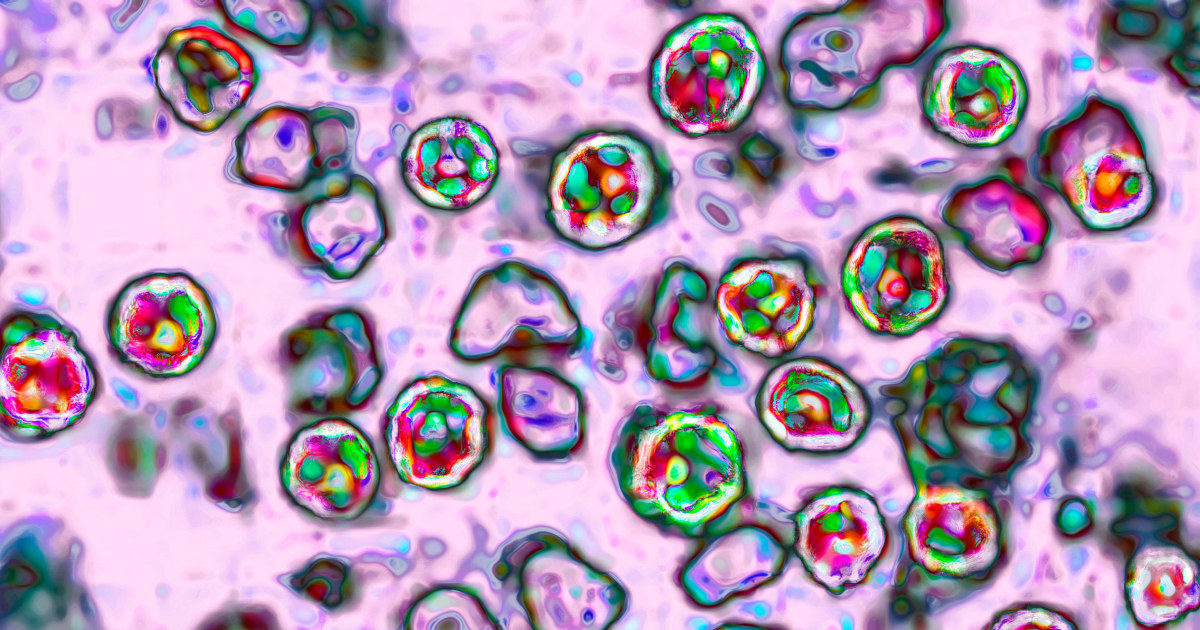- Click to share on Facebook (Opens in a new window)
- Click to share on Twitter (Opens in a new window)
- Click to share on LinkedIn (Opens in a new window)
- Click to email a friend (Opens in a new window)
In Argentina, measles and dengue outbreaks concern 3:32
(CNN) - Amid the alert for the outbreak of coronavirus in the world, places like Argentina and Mexico are reporting cases of another highly infectious disease: measles. In 2019, the largest number of cases were reported in the United States since 1992.
This is what you should know about measles
We spoke with Dr. Julia S. Sammons, a pediatric infectious disease specialist and medical director of the Department of Infection Prevention and Control of the Children's Hospital of Philadelphia, about some of the most common questions about the disease.
How is measles spread?
Measles virus spreads by coughing and sneezing and can live in the air where an infected person coughed or sneezed for up to two hours. If someone who is not immune to the virus and breathes the air or touches an infected surface, can become infected, according to the Centers for Disease Control and Prevention. UU ..
"Measles is one of the most contagious diseases known," said Sammons. Once a person has measles, approximately 90% of close contacts who are susceptible to it will develop the disease, he added.
In the United States, people who are not vaccinated usually get measles while traveling to other countries and then transmit it to other unvaccinated people upon return, which can cause outbreaks, according to the CDC.
What does measles look like?
Measles usually manifests as a combination of high fever, up to 40 degrees Celsius, along with: cough, coryza (another word for nasal discharge) and conjunctivitis, Sammons explained.
At first, measles may resemble many other viral diseases, but the rash with red spots that comes with it can help distinguish it.
“Imagine you have a bucket of skin rash. If you pour that bucket of rash over your head, the rash cascades, ”said Sammons. "Then, the rash begins on the head, usually on the scalp, and then extends from head to toe."
People with measles are usually quite sick. "They feel very bad and they are very sick," he said.
If you suspect measles, call the doctor first
He also urges anyone who is concerned about measles to talk to a health care provider before going to the office or hospital.
"What you should not do is go to a busy pediatric waiting room, for example, and potentially expose others," said Sammons.
Instead, he recommends calling ahead and expressing concerns about measles so that the care team can provide guidance on how to bring the patient more safely.
Why do some parents decide not to vaccinate?
"Being victims of our own success with the vaccine, we haven't seen measles," Sammons said. "Then, when you think of the parents who bring their children to get vaccinated, it is not a disease that lies in your memory."
Thanks to the effectiveness of the measles vaccine, measles was declared eliminated in the United States in 2000.
He also recognizes that it can be difficult for parents to navigate the amount of information available online and that the wrong information and fear of vaccines have spread widely.
The American Academy of Pediatrics, the CDC and the American Academy of Family Physicians recommend that children be vaccinated against measles, mumps and rubella (MMR) at 12 to 15 months and again at 4 to 6 years.
Children traveling abroad may need to be vaccinated before their first birthday, and women who expect to get pregnant should talk about vaccines with their health care provider, since MMR vaccine is not recommended during pregnancy.
“We make many decisions in our life about raising children; Unfortunately, this is one that not only affects the decision you have made for your child but also affects other children and people around you, ”Sammons added.
And with a growing number, vaccinated people may begin to wonder how protected they are.
Is it possible to get measles if you have been vaccinated?
According to the CDC, two doses of the measles vaccine protect against measles in 97% of cases.
In people who have been immunized, it is possible to get the disease, but it usually has a milder course, explains Sammons.
People who have had measles are also considered immune to contracting the disease a second time, similar to chickenpox.
Measles


/cloudfront-eu-central-1.images.arcpublishing.com/prisa/WEFC2ARIWFCHPNOJCEPD7TZO7E.jpg)






